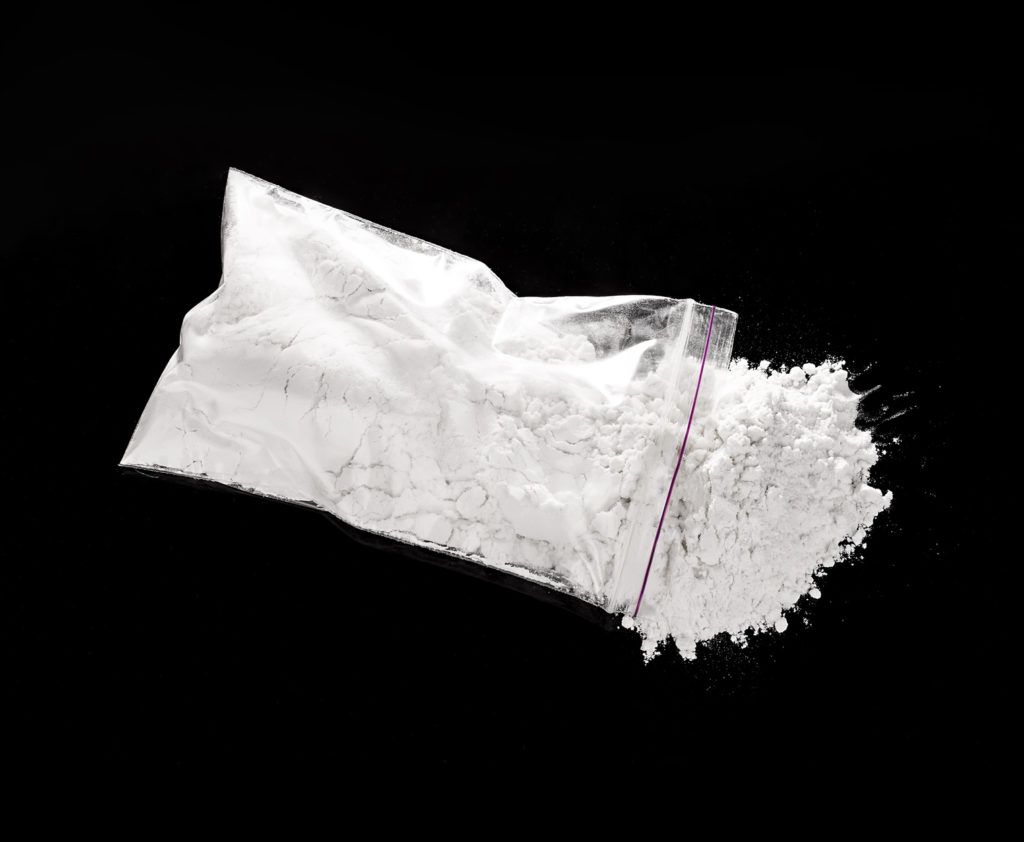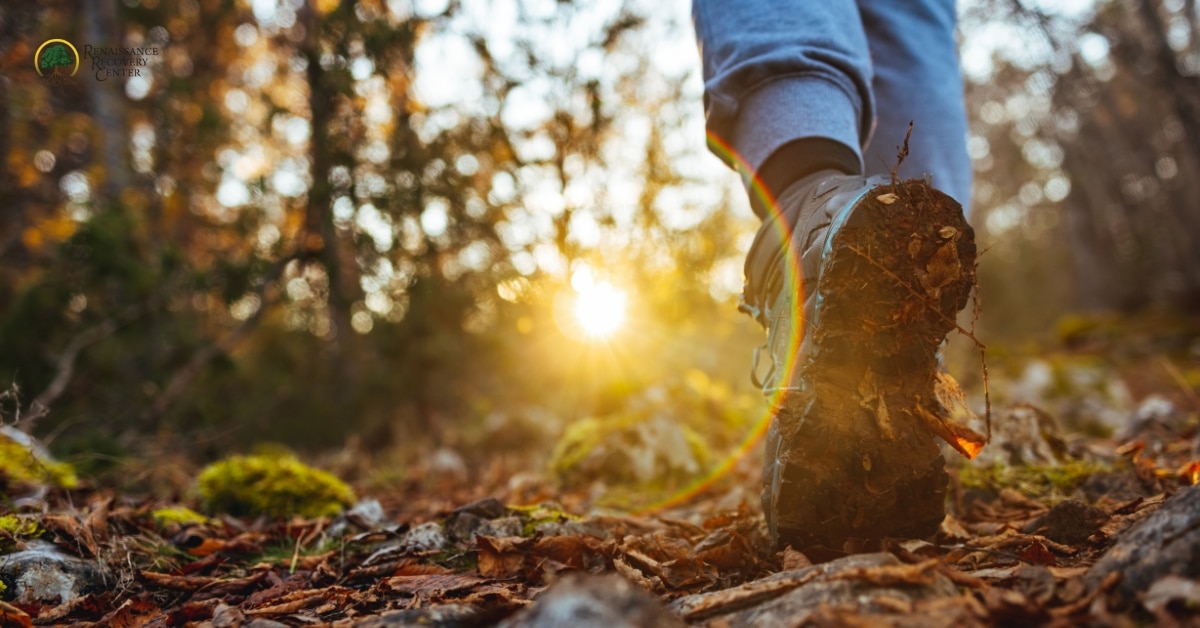PART 2: Damage to Society
No single drug works as a pop-culture reference to the high-life of Western culture than cocaine. We’ve seen it in films. We’ve heard it in music. And there is a strong possibility that we have known someone who has struggled with cocaine abuse. However, despite the fun and high-energy portrayal that we frequently assign to cocaine, there are plenty of dangers that are directly attributable to the drug. Aside from marijuana, cocaine is the single most used illegal substance on the planet, and it is one that is highly physically addictive. Using cocaine presents a clear danger to your health, greater society, and disadvantaged people in the countries that produce it. This 3-part series will examine the effects of each of these categories...
The black market for cocaine perpetuates violence
There is a dark and heavy trail that must be traveled to get cocaine into the hands of users in the United States. Cartels and criminal organizations that are responsible for pushing and smuggling cocaine into countries leave a trail of blood and violence behind them that is beyond reprehensible. The truth is that casual users in the United States are the economic fuel that drives this network, which can become a brutal feudal system. Cartels in countries like Mexico and Colombia have been the source of too many horrific stories to recount in one article, but each individual story recounts a harrowing experience.
Cocaine causes environmental damage
One of the lesser known ways that cocaine is disruptive to society is the environmental ramifications that come with its production. In particular, rainforests are especially at risk from the destructive cocaine industry. For example, in Colombia, the country’s many civil wars left a hole open for the cocaine market to overtake large blocks of the Amazon rainforest, which were cleared for cocaine production. This is a trend that has continued throughout other parts of South America. Not only does this directly impact the parts of the rainforest that are cleared for cocaine, but it also makes governments less willing to protect and police other parts of the rainforest, due to corruption, which opens up the possibilities of more deforestation.
Impoverished people are exploited
The people who work the field for the coca plant are not criminals who are a part of the network, but are instead poor individuals who are often kidnapped and forced into subservience for the cartels. The cocaine industry fuels the exploitment of disadvantaged people in the countries that produce the most cocaine.
Continued in Part 3.









